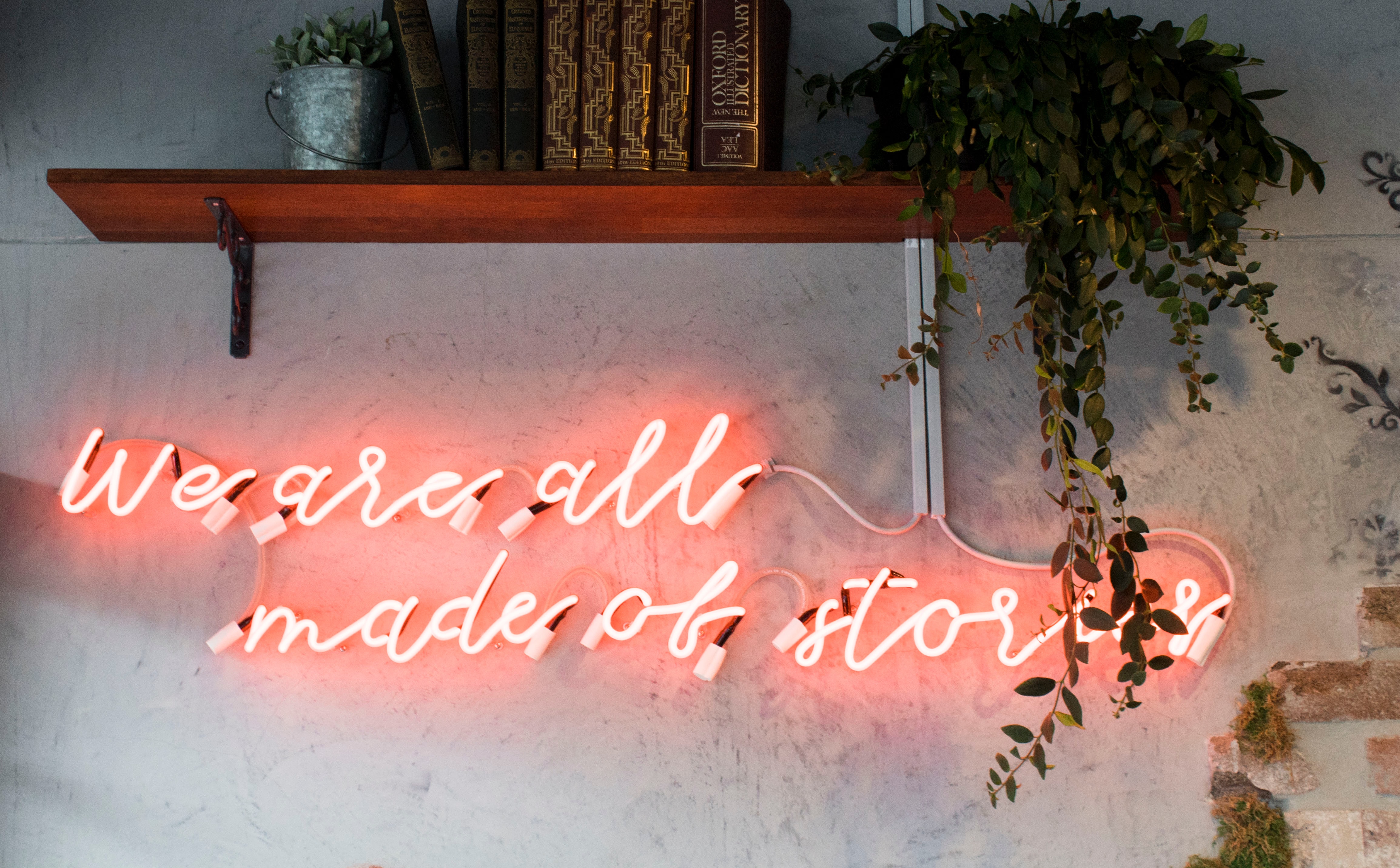The Importance of Sharing Your Story
If there’s one thing that we can learn from social media, it’s that we all have stories and we love telling them. However, storytelling is not new. People have been using stories to share history, teach, and entertain for tens of thousands of years. At History Chip, we share stories about real issues and real lives. We believe in giving everyone a place to talk about their experiences, which can unite us. There are so many positives to sharing your story and many ways of doing it. In today’s post, I’ll talk about the importance of sharing your story.
Sharing your story is healing
Have you ever read someone’s story and thought, “I can’t believe someone else has been through this too. I thought this was my story.” That’s because when we find people who are going through the same struggles as us, we feel more connected. Think about the last time you faced a lot of challenges that made you feel alone. Wouldn’t it have been easier for you if you knew that other people in the world had faced similar problems and overcome them? By sharing your story, you become this person for others. You will inspire and offer guidance to someone else who has gone through the same thing.
Open conversation that other people would not engage in
Sharing your story can also open up conversations that people shy away from. This is especially true about topics that aren’t spoken about a lot because they are taboo or people fear that they will be judged, such as depression, addiction, abortion, and politics. Think about the last time that you were ashamed about something? It would have made a huge difference if other people openly talked about it. This is why you need to openly talk or write about your experiences.
Bringing change
By owning and openly talking about your experiences, you will also encourage others to also speak up. Think about the Me Too movement. American social activist Tarana Burke began using the “me too phrase” on Myspace to talk about sexual harassment targeting women of color. In 2017, actress Alyssa Milano made that phrase popular, in the media and social networking platforms. She tweeted a simple request to her followers: “If you’ve been sexually harassed or assaulted, write “me too” as a reply to this Tweet.
The response to Alyssa’s tweet was overwhelming. Not only did other celebrities share their experiences, but teachers, waitresses, nurses and many other women also spoke up. These conversations brought the issue of sexual harassment to the forefront and highlighted gender disparities and entrenched stereotypes.
Tips to share your story
If you thought “Wow, I want to share my story with the world,” when reading this post, here are some tips to help you get started.
Understand that it can be very difficult to write about your personal story, whether it is on your social media platforms or on a public forum. This will help you overcome your nerves.
Take time to recall what happened and describe the details as vividly as possible.
When you are writing the story, help the audience feel, not just think.
Let your story sit for some days, rewrite it and add more embellishments if you need to.
Where to share your story
Since your story is personal, you can share it in whatever way works best for you. You can talk about it to your relative or friend. You can also choose to write about it, record a video or talk about it on a podcast.
History Chip’s mission is to celebrate the stories of all humans and open up the world of human resilience, triumph, and everyday experiences to our readers and storytellers. Click here to write your story.

